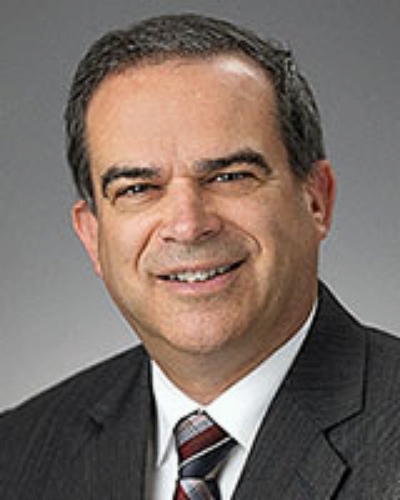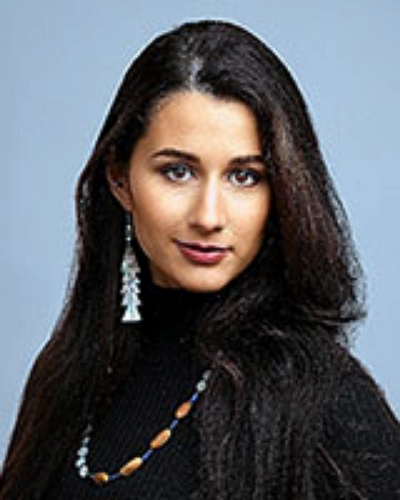Now published, see the full article 
Early Abstract:
Introduction: This paper describes one model for bringing advance care planning and discussions to American Indian and Alaska Native (AIAN) communities.
Approach: In 2018, Honoring Choices of Minnesota approached the Center of American Indian and Minority Health (CAIMH), housed in the University of Minnesota Medical School, to collaborate on a project to increase healthcare directives in AIAN communities
Pilot Description: CAIMH assembled AIAN students, faculty and community members to identify and address barriers to healthcare directive completion and discussions about end-of-life choices. The project team decided upon a two-pronged approach: culturally informed provider training paralleling culturally relevant community engagement.
Rationale: The literature highlights that there exists a relative paucity of completed healthcare directives nationally, even fewer exist within minority populations. Therefore, a large portion of the U.S. population is vulnerable to subpar EOL care and at risk for misalignment between wishes and patient experience.
Impact: Follow-up evaluation in one tribal clinic showed that the number of healthcare directives and/or individuals with advanced care documents on file had increased by 18%.
Conclusion: We aimed to empower AIAN to engage with healthcare providers on decisions impacting their care. To further support AIAN patients and their providers, a toolkit was created and will soon be available for dissemination.




